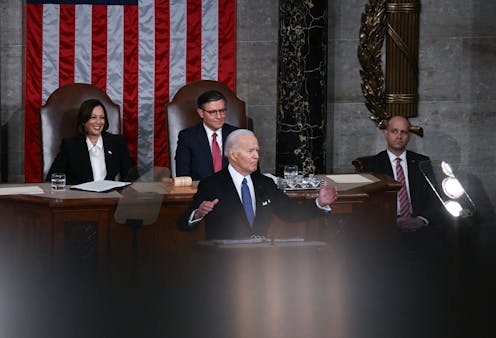UK corruption down again but are we counting it right?
 UK cleans up its act but what about finance?Shutterstock handshake
UK cleans up its act but what about finance?Shutterstock handshakeThe UK is rarely seen as one of the world’s problem cases when it comes to corruption. It certainly talks a pretty good game. It has signed up, for example, to the major international anti-corruption treaties and conventions, and it works constructively with its international partners in the OECD, the UN, the G8 and the G20.
And if data released on December 3 by Berlin-based NGO Transparency International is to be believed, the UK is also making headway on the domestic front. The organisation’s latest Corruption Perceptions Index (CPI) awards the UK a score of 78 out of 100 in terms of the amount of corruption that is perceived to exist in the public sector.
This places it 14th in a ranking of 175 countries and compares to a score of 76 in 2013 and 74 in 2012.
Despite these improvements, the UK still trails the traditional pace-setters. Denmark scores 92, New Zealand 91 and Finland 89. These are countries that have fostered cultures that are much less tolerant of corruption, that prize transparency and openness in their political systems and that generally possess efficient and effective public sector institutions.
On the other hand, it remains ahead of other ostensibly similar states such as the US, which scores 74 and ranks 17th in the list. France, meanwhile, scores 69 while Spain is still further behind on 60. Then, at the bottom of the table, come the perennial laggards, such as Somalia and North Korea, both of which only managed 8.
The UK may not have taken huge strides but its improving score appears consistent enough to be regarded in a positive light. It may even be reason for a round of cautious self-congratulation.
What are we counting?
Before we get carried away it is none the less worth taking a step back to think about this a little more. The Corruption Perceptions Index is the oldest and arguably best known of the ever-increasing number of indices that purport to measure corruption. Some of these ask respondents about their experiences of corruption, others opt for more sophisticated techniques, such as analysing the amount of government spending that is not accounted for.
The Corruption Perceptions Index is based on expert views on public-sector corruption. It uses 12 independent surveys from a range of reputable organisations such as the Economist Intelligence Unit, the Bertelsmann Foundation and Freedom House to produce something akin to a poll of polls.
However, we should be very careful about reading too much into these numbers. Transparency International is itself at pains to stress that the data it produces is based on perceptions – and perceptions can of course be deceptive.
This is not a measure of how much corruption exists in each country but a look at opinions on the public sector. It deliberately doesn’t, for example, look at business-to-business transactions, such as rate-rigging between banks.
The key message here is not about the actual score a country receives. Putting a number on public-sector corruption tells us precisely nothing about what the real problems are or how each country is addressing them. Rankings like these are simply too flawed to be able to do anything of the sort.
But the great virtue of this index is that it periodically reminds the world that corruption remains a major problem. It can also, if used sensibly, prompt a degree of self-reflection. The UK might be doing reasonably well but there are undoubtedly things it could do better.
On the plus side, the introduction of a broad and wide-ranging Bribery Act in 2010 has undoubtedly brought some momentum to the battle against corruption. The forthcoming National Anti-Corruption plan is also a positive sign, as is the fact that the UK is in the vanguard of the push to create a register of beneficial ownership of companies.
Such a register may on the face of it sound like a rather dry and administrative mechanism for helping interested parties discover just a little more about who owns which companies, but it will also be of considerable use in helping organisations such as the Proceeds of Corruption Unit in Scotland Yard tackle money laundering.
More needs to be done in other areas though. The UK’s financial services sector still remains the venue of choice for many looking to return illicit gains into the “legitimate” financial world, even if progress is being made.
Did we really need the Corruption Perceptions Index to help us come to these conclusions? In truth, probably not. Its methodological quirks are too considerable for its findings to be taken too seriously. It gives us nothing in terms of nuance or sophistication. But people do read it and it does get people talking. In the international fight against such a pervasive problem, that has to be worth something.
Daniel Hough does not work for, consult to, own shares in or receive funding from any company or organisation that would benefit from this article, and has no relevant affiliations.
Read more http://theconversation.com/uk-corruption-down-again-but-are-we-counting-it-right-34988













